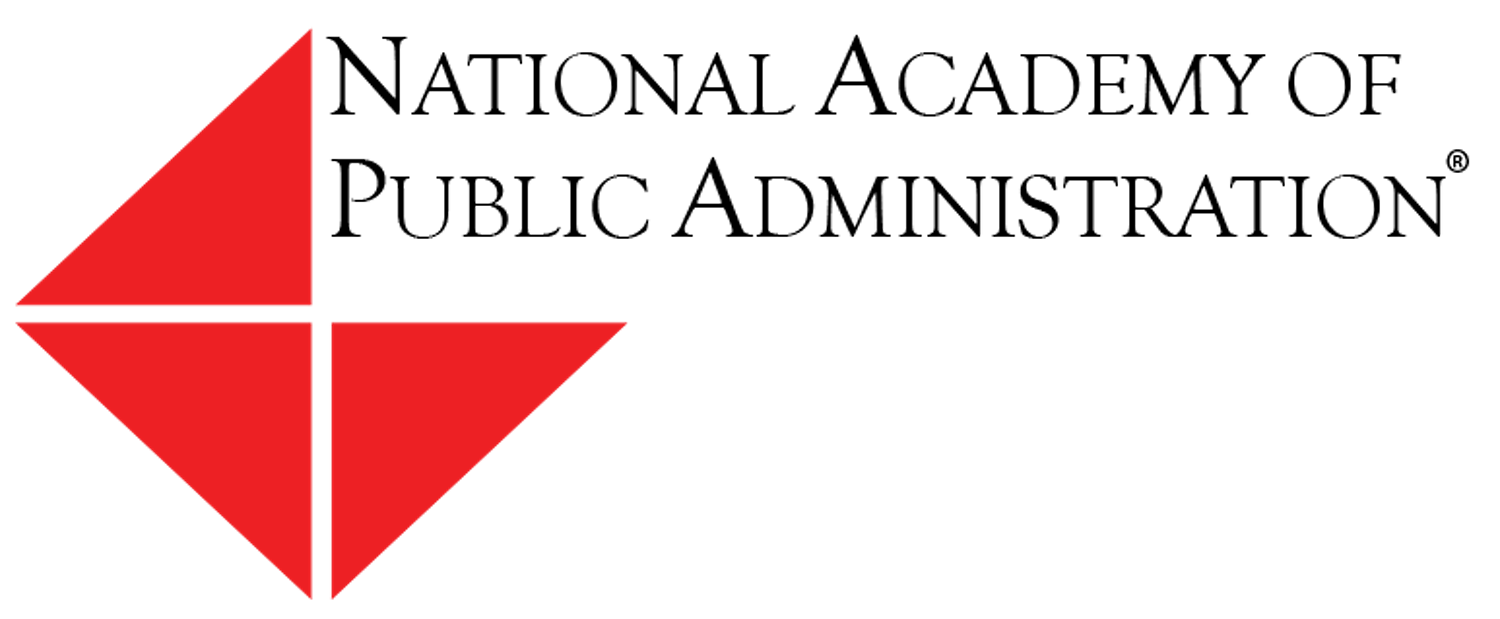
The National Academy of Public Administration Releases Assessment of U.S. Coast Guard Academy Admissions Processes
Contact:
Betsy Holahan
bholahan@greatpointstrategies.com
Contacts:
Post Date: May 15, 2023
Recommendations Will Help Increase Diversity Among Future Classes of Cadets
WASHINGTON, D.C. – A Panel of the National Academy of Public Administration (NAPA) today released an “Assessment of Coast Guard Academy Admissions Processes,” a report for the U.S. Coast Guard Academy (USCGA) that provides recommendations to ensure that the admissions process results in increased diversity among future classes of cadets.
“Since its founding in 1876, the U.S. Coast Guard Academy in New London, Connecticut, has served as a primary source of future Coast Guard officers, who play a critical role in our nation’s maritime and defense operations,” said Terry Gerton, President and CEO of NAPA. “Following our 2022 report on cultural competence at the USCGA, the Panel’s new report focuses on the USCGA’s admissions process – with attention to how it can successfully recruit and retain an increasingly diverse Corps of Cadets now and in the future.”
“The Panel report offers actionable recommendations that can support USCGA’s efforts to attract and train a highly skilled Coast Guard officer corps reflecting racial, ethnic, and gender characteristics that ever more closely match the population it serves,” said Gerton. “I trust this report will contribute to a sustained successful future for this branch of the country’s armed forces.”
The new report follows a NAPA Panel report, Assessment of Cultural Competence at the U.S. Coast Guard Academy, issued in February 2022. Both reports result from a Congressional charge found in the Coast Guard Academy Improvement Act, part of the National Defense Authorization Act of 2021.
Following the second-year assessment of the USCGA admissions process, the Panel found that “The overriding conclusion of this report is that there is presently no ‘burning platform’ at the USCGA Admissions Division. It is operationally sound. Recent demographic data on the USCGA Corps of Cadets show that USCGA has achieved as much or more diversity as the other academies. However, this does not mean that USCGA and USCG can expect similar results in the future. USCGA, the other academies, and other institutions of higher education in the United States face a future of rising negative trends… As such, the USCGA must consider how to pivot toward a ‘new normal.’”
The Panel makes eight actionable recommendations focused on the congressional nomination process, organizational issues related to Admissions office leadership and Admissions staff outreach efforts, and other strategic management and marketing actions. They include:
- The Coast Guard should not take action to adopt a congressional nomination requirement.
- The Coast Guard should:
- allow the Admissions Director (AD) to remain in the position beyond a standard tour length; and
- formalize training and preparation requirements for a military officer who serves in one of the AD leadership roles.
- The Coast Guard Academy should:
- Ensure that the AD and Deputy AD, combined, attain the American Association of Collegiate Registrars and Admissions Officers (AACRAO) competencies and proficiencies; and
- Change the position descriptions to ensure they cover the AACRAO core competencies and proficiencies.
- The Coast Guard should expand the Coast Guard Academy Admissions Division outreach staff to strengthen nationwide outreach efforts, particularly for underrepresented populations.
- The Coast Guard Academy should develop and follow a Strategic Enrollment Management Plan.
- The Coast Guard should enhance Admissions Division marketing capabilities to reach its target audiences.
- In consultation with one another, the federal service academies should consider developing a shared application portal to expand academies’ visibility and streamline the application process.
To read the full report, including specific findings and recommendations, click here.
About the National Academy of Public Administration
Chartered by Congress to provide non-partisan expert advice, the Academy is an independent, non-profit, and non-partisan organization established in 1967 to assist government leaders in building more effective, efficient, accountable, and transparent organizations. Learn more at www.napawash.org
###